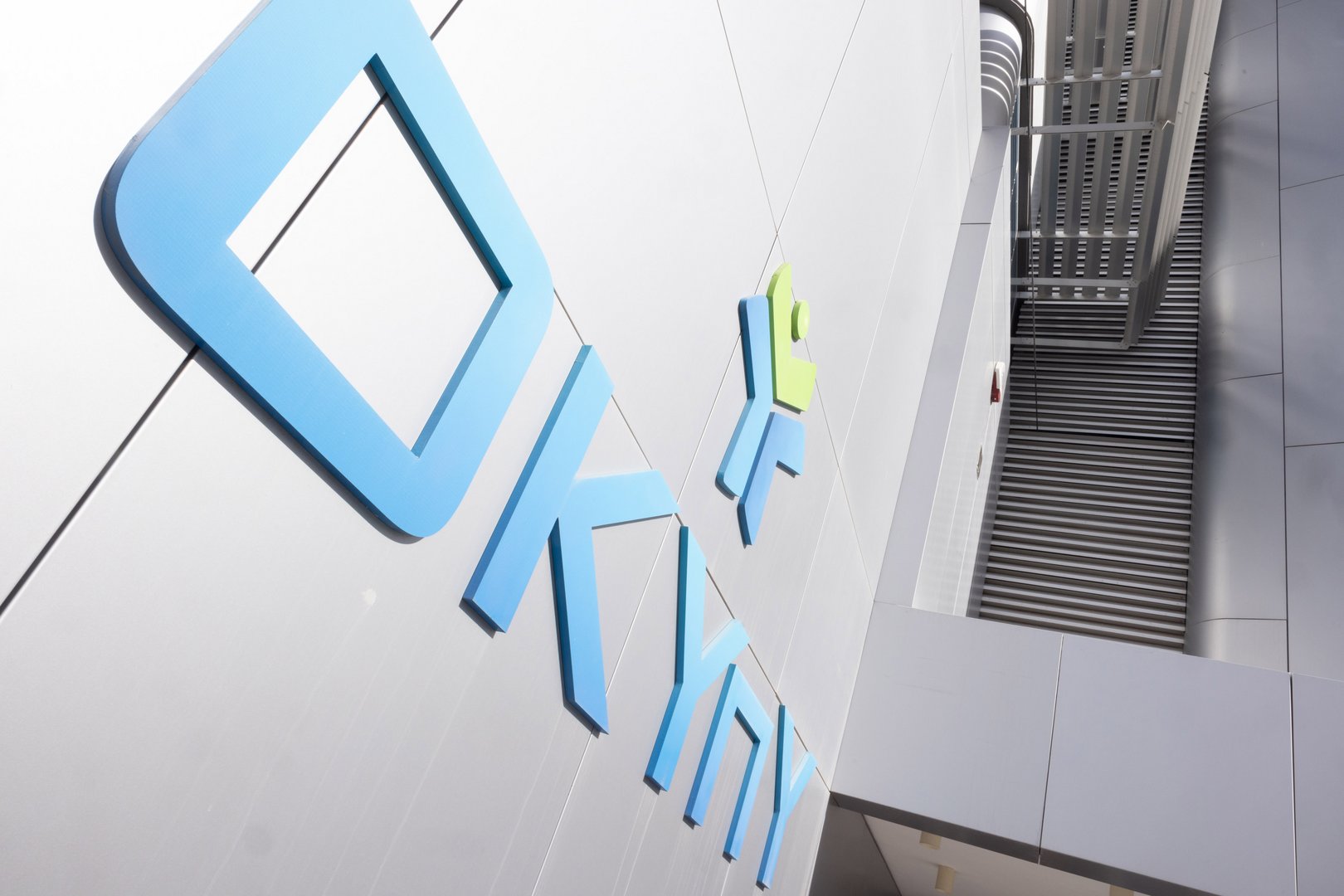Public sector doctors’ trade union Pasyki on Friday expressed fury at the fact that the state health services organisation (Okypy) had not sent a representative to Thursday’s House health committee meeting on the matter of accident and emergency departments.
“The administrator of the largest A&E unit network, which covers needs across Cyprus, with the greatest expertise in the provision of services, did not attend. In addition to the disrespect Okypy showed by not responding to the invitation, it probably believes there is no need to defend A&E units at public hospitals,” the union said.
It added that Okypy likely also does not see a need to “highlight public hospitals’ A&E departments’ crucial role, both in the present and in any future plans”.
As to why Okypy did not attend the meeting, Pasyki said there are “two possible answers”.
“Either Okypy cannot advocate for public hospitals, or it does not want to, and thus certainly does not serve their interests,” it said.
It added that Okypy has been “exposed once again” and that “unlike Okypy, we want to and will continue to advocate for the sustainability of public hospitals and also highlight their role”.
Thursday’s committee meeting had focused on ways to involve the private sector in Cyprus’ A&E units, with Health Minister Michael Damianos saying his ministry “favours” decongesting accident and emergency units.
He did note that the private hospitals which exist at present would struggle to be able to open their own accident and emergency units.
“To have an A&E unit, you must have several specialities. Most private hospitals do not have many beds and cannot have an A&E unit,” he said.
He added that his ministry is therefore in favour of opening more A&E units, but only so long as they can cope and that therefore, his ministry must examine “how there will be a sufficient number of specialities” of medical staff on duty at any given time.
As such, he said that instead of a private hospital opening a full A&E department of its own, it could provide some out-of-hours services to treat a specialised and limited list of ailments at evenings and weekends.
This, he said, would effectively mean there would be “two different types of A&E”, given that private hospitals at present do not have the capacity to open full A&E units of their own.
Medical services director Elisavet Constantinou also briefly spoke on the matter of A&E units, saying that studies carried out by the HIO show that “people’s use of A&E units is not rational” and that their symptoms could have been treated at other places.
The main goal, she said, is therefore to ensure proper triage.
HIO senior officer Monica Kyriacou agreed with this summation, pointing out that last year saw a 73 per cent increase in people visiting A&E units compared to 2023.
This, she said, “is not justified by any increase in the frequency of disease”. She added that the “most likely explanation” is that people are “under the wrong impression” over the purpose of A&E units and when people should go to them.






Click here to change your cookie preferences